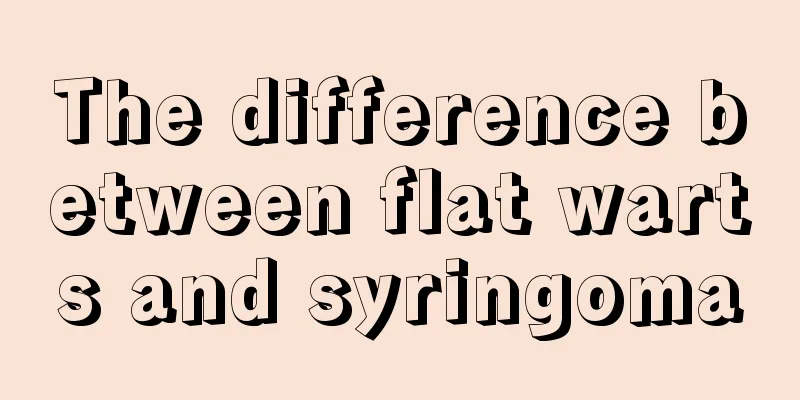What is the function of the parietal lobe

|
Because the human brain controls many parts of the body, the structure of the human brain is very complex. Many terms may have never been heard of by people who study brain structure. Parietal lobe is one of them. I wonder if you have heard of the parietal lobe. It is actually a part of the brain. Next, I will give you a detailed introduction to what the parietal fluid is and the specific functions of the parietal lobe in the human body. 1. What is the parietal lobe The postcentral gyrus of the parietal lobe integrates various somatosensory stimuli to achieve correct identification of the shape, texture, and weight of objects. The more posterolateral areas provide correct perception of visual spatial relationships and integrate related perceptions with other senses to create an awareness of the trajectory of moving objects. Awareness of the location of various parts of the body also originates here. In the dominant (left) hemisphere, the inferior parietal area executes. What is the function of the parietal lobe? The parietal cortex of the brain plays an important role in the process of concentration. Parietal lobe: between the frontal lobe, temporal lobe, and occipital lobe. Includes the postcentral gyrus, superior parietal gyrus, and inferior parietal gyrus. The parietal lobe of the brain is mainly composed of the cortex that senses and monitors the responses of various parts of the body to external stimuli. Due to its specific location, the sensory association area of the parietal lobe can integrate a variety of sensory information with speech. Damage to this part can lead to writing and reading difficulties. 3. What are the parietal lobe lesions? 1. Sensory impairment: The parietal lobe is the cortical sensory center. Irritative lesions in the postcentral gyrus cause contralateral focal sensory epilepsy or paresthesia, and destructive lesions lead to contralateral hemisensory disorders, but most of them are incomplete hemisensory disorders. 2. Complex feelings: Lesions in the superior parietal lobule cause complex sensory disturbances on the contralateral side, including two-point discrimination, solid sense, skin orientation sense, and pattern sense. There may be spontaneous pain, tactile retention and single point sensation. 3. Body image disturbance: Impaired cognition of various parts of the body, manifested as: Hemiplegia: Not paying attention to or caring about one's own hemiplegia, as if it has nothing to do with oneself; Hemi-neglect: Loss of proper attention to one side of the body; Loss of limb sense, feeling that a limb no longer exists; Hemiplegia ignorance: not knowing or denying that one has hemiplegia; Phantom of multiple limbs: believing that one has one or more extra limbs; Illusion of limb displacement: for example, believing that one's upper limbs are growing on the stomach or on the ceiling. |
<<: Is it better to wash your face with handmade soap or facial cleanser
>>: Bacterial infection incubation period
Recommend
Ten ways to place beds that are good for your health
1. For the bed itself, you need to consider wheth...
How to prepare milk powder
Although many mothers know that breast milk is th...
What are the methods for treating burn scars?
Everyone has scars of different natures, and scar...
Know what are the common symptoms of pancreatic tumors
Clinically, pancreatic tumors are divided into tw...
What to do if your scalp itches and you lose hair? It turns out there are 4 ways
Itchy scalp and hair loss are conditions that man...
What can help you get rid of alcohol quickly?
During the first month of the lunar year, people ...
Silt-type gallstones, these symptoms are most common
The mud-and-sand type of gallstones is the most c...
Which hospital is best for radiotherapy for gallbladder cancer
In the treatment of gallbladder cancer, Chinese m...
What to eat to prevent ovarian cancer
What can women eat to prevent ovarian cancer? Ova...
What are the symptoms of muscle adhesions?
Muscle adhesion is actually common in many patien...
How to eat mustard?
Buckwheat is an uncommon grain, often used as coa...
Is there formaldehyde in the paint?
In life, when people decorate their houses, they ...
5 kinds of food that office workers should eat to maintain their health in spring
kelp Kelp contains a lot of iodine, which helps t...
Can peppercorns soaked in wine with salt cure joint pain?
As the pressure of life increases, more and more ...
How to prevent the occurrence of prostate tumors
Autumn and winter are the peak seasons for prosta...









